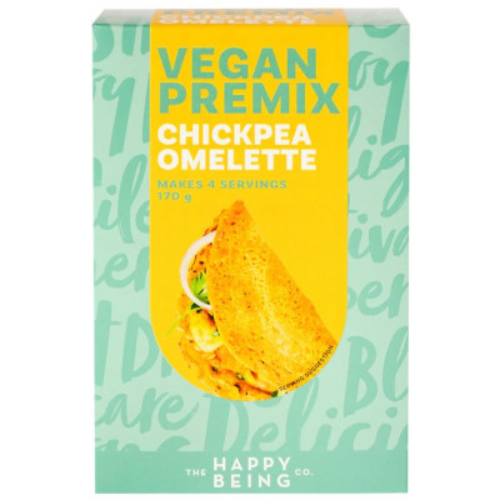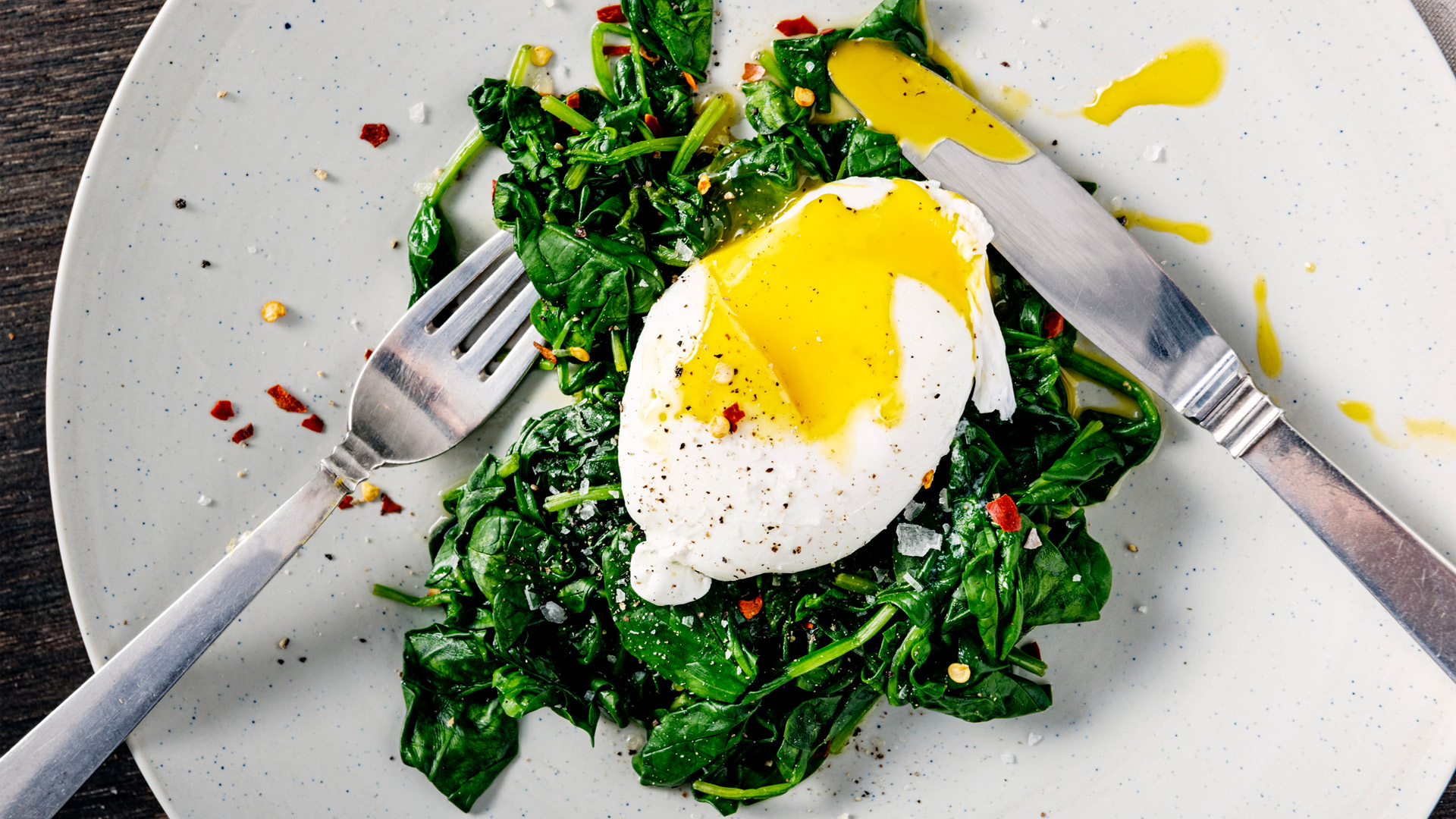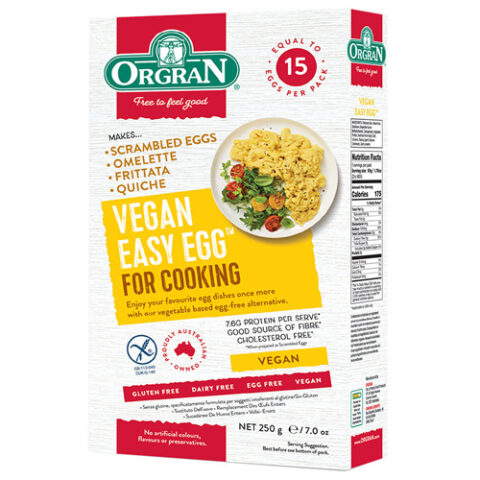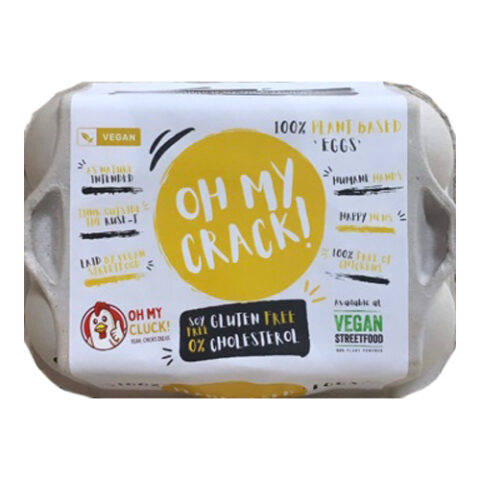Eggs hold a special place at the Nigerian and West African breakfast table, cherished for their versatility, affordability, and nutritional punch. From roadside “indomie joints” to home-cooked family meals, eggs remain a firm favourite in most households. Whether you prefer yours boiled, scrambled, fried, or folded into a rich stew with tomatoes and onions, there’s a world of delicious possibilities. This guide unpacks the different egg labels you might find at the market or supermarket, offers easy tips for cooking perfect eggs, and shares healthy, low-carb breakfast recipes that can be adapted with local flavours or ingredients. Plus, for those avoiding eggs, there are creative plant-based alternatives now available on the continent.
Understanding Egg Carton Labels – What Do They Mean Locally and Globally?
Omega-3s
If you notice Omega-3 on your egg carton, it means the chickens were fed a special diet rich in fatty acids, often including flaxseed or fish oil. This boosts the omega-3 content of the egg compared to regular eggs—sometimes up to seven or ten times more. For West Africans, where access to heart-healthy oils can be inconsistent, omega-3 eggs provide a helpful boost.
Cage-Free
Cage-free eggs suggest that chickens are not kept in small cages but housed in indoor barns. However, there is often no regulation on how much space is provided. So while it sounds better, these birds may still be kept close together. According to Lagos-based agriculturalist Chika Obi, “Consumers should ask for details or visit local farms to check standards, as ‘cage-free’ isn’t always clear-cut.”
Pasture-Raised
In some countries, pasture-raised means hens are allowed to roam on open grass, eating natural food sources. In Nigeria and Ghana, true “pasture-raised” eggs often come from local, village farms—sometimes called “country eggs.” However, there’s no uniform standard, so look for transparent farm practices if this is important to you.
Free-Range
Free-range eggs mean chickens have some access to the outdoors, but the size and quality of that space can differ widely across farms. In Nigeria, many small-scale poultry keepers naturally rear birds in free-range settings, though large-scale producers may have less generous interpretations.
Certified Humane
Eggs bearing the “Certified Humane” mark have been inspected by independent organisations that verify humane treatment—including roomy living spaces and quality feed. Such certifications are still rare on the West African market, but as consumer awareness grows, some urban supermarkets are starting to stock them.
Certified Organic
Organic eggs must come from chickens that are uncaged, have outdoor access, and are raised without antibiotics or synthetic chemicals. As of 2024, organic certification is limited in Nigeria and Ghana, but awareness around pesticide-free and antibiotic-free foods is growing, especially among young families and health-conscious urbanites.
Essential Egg Cooking Methods – Nigerian-Style and Global Techniques
Boiled
To boil eggs, fill a pot with water and bring to a rolling boil. Gently lower in the eggs with a spoon. For soft yolks, cook for about 6 minutes; for “jammy” yolks (like those in a Nigerian salad), cook 7–8 minutes; and for hard set, leave for about 11 minutes. Once cooked, place eggs in ice water to cool and make peeling easier. These can be stored in the fridge for up to a week for a fast, protein-packed snack.
Fried
The classic fried egg takes on many forms across West Africa—from sunny side up at breakfast, to being layered with tomato stew in “Egg Sauce.” To fry, warm a non-stick pan over medium-low heat with a little oil. Crack in the eggs and let cook until the bottom is set, then carefully flip for “over easy,” or leave as is for “sunny side.” Cook whites until set, but keep yolks as runny or firm as you like.
Scrambled
For creamy scrambled eggs, heat oil or butter on medium-low. Whisk eggs with salt and pepper, pour into the pan, and stir gently. As eggs start to form curds, mix in your local favourites—cheese, sautéed tomatoes, chopped green pepper, or ugu (fluted pumpkin) leaves. Finish just before fully set for best texture.
Perfect Poach
Poached eggs are gaining popularity in trendy Lagos and Accra brunch spots. Start with a deep saucepan and simmering water, adding a splash of white vinegar and salt. Crack each egg into a small bowl first. Swirl the water to create a gentle whirlpool and slide the egg in. Soft poached eggs are done in about 2½ minutes, firmer eggs in 4 minutes. Drain on paper towels before serving—perfect with plantain, yam, or on toast.
Pro tip: Fresh eggs poach best. If eggs are a bit old, the whites may scatter or the yolks may overcook before the whites set.
How to Avoid Eggshells in Your Eggs – Local and Global Advice
Nobody likes finding crunchy eggshells in their meal. According to researchers at Glasgow University, neatly splitting an egg with a thin-bladed knife, rather than tapping it on a bowl, can minimise shell fragments. Hold the egg in your palm and slice gently across its equator. Many Nigerian market women still prefer the age-old “tap and split” technique, but for delicate dishes, the knife trick is worth trying.
Why Do Egg Yolks Vary in Colour?
Yolk colour is largely shaped by what the hen eats. Diets high in carotenoid-rich foods like maize, leafy greens, and certain vegetables result in deeper yellow or orange yolks. According to Dr. Nneka Eluwa, a food scientist in Abuja, “Many Nigerians associate darker yolks with fresher, ‘native’ eggs, but colour alone isn’t always a sign of quality—nutrition is key.”
Local Plant-Based Egg Alternatives – for Vegans and the Egg-Averse
Eggs aren’t for everyone. Whether for allergy, vegan lifestyle, or personal preference, more Africans are now searching for reliable egg alternatives. While this can shift your nutritional “macros,” there are now some impressive plant-based options available across the continent, especially in urban centres:

Each folded vegan egg contains 6.6g of protein—comparable to traditional eggs.
3 Low-Carb, Protein-Packed Breakfast Recipes You Can Customise with Local Ingredients
Nigerians and West Africans increasingly seek out low-carb, high-protein meals both for health and for sustained energy. Whether you’re training for a marathon, hustling in the city, or simply want a nutritious breakfast to power your day, these recipes—courtesy of chef Scott Parker—are fresh, easy, and adaptable with local produce.

Poached Eggs With Feta On Cheese And Chive Toast
8.9g carbs | 70.9g fat | 64.3g protein
Equipment
-
1 Microwave
-
1 Skillet
-
INGREDIENTS
Ingredients
Instructions

Protein Breakfast Stack
10.7g carbs | 67.9g fat | 51.8g protein

Broccoli And Feta Frittata
8g carbs | 27g fat | 27.3g protein
This article was originally published on Women’s Health SA
Men’s Health participates in various affiliate marketing programs, which means we may get paid commissions on editorially chosen products purchased through our links to retailer sites.
How do you like your eggs in the morning – classic, or with a West African twist? Do you have your own creative low-carb breakfast recipe, or a story about homemade plant-based alternatives?
Share your favourite egg breakfast, vegan substitute, or a family recipe! If you have a story, local food business, or kitchen innovation to feature, email us at story@nowahalazone.com.
For general feedback, inquiries, or support, contact us at support@nowahalazone.com.
Join our food-loving community—follow us for more Nigerian, West African, and global recipes on Facebook, X (Twitter), and Instagram!
Got a food story to sell or an inspiring recipe to share? Let’s put you in the spotlight—email story@nowahalazone.com today.











